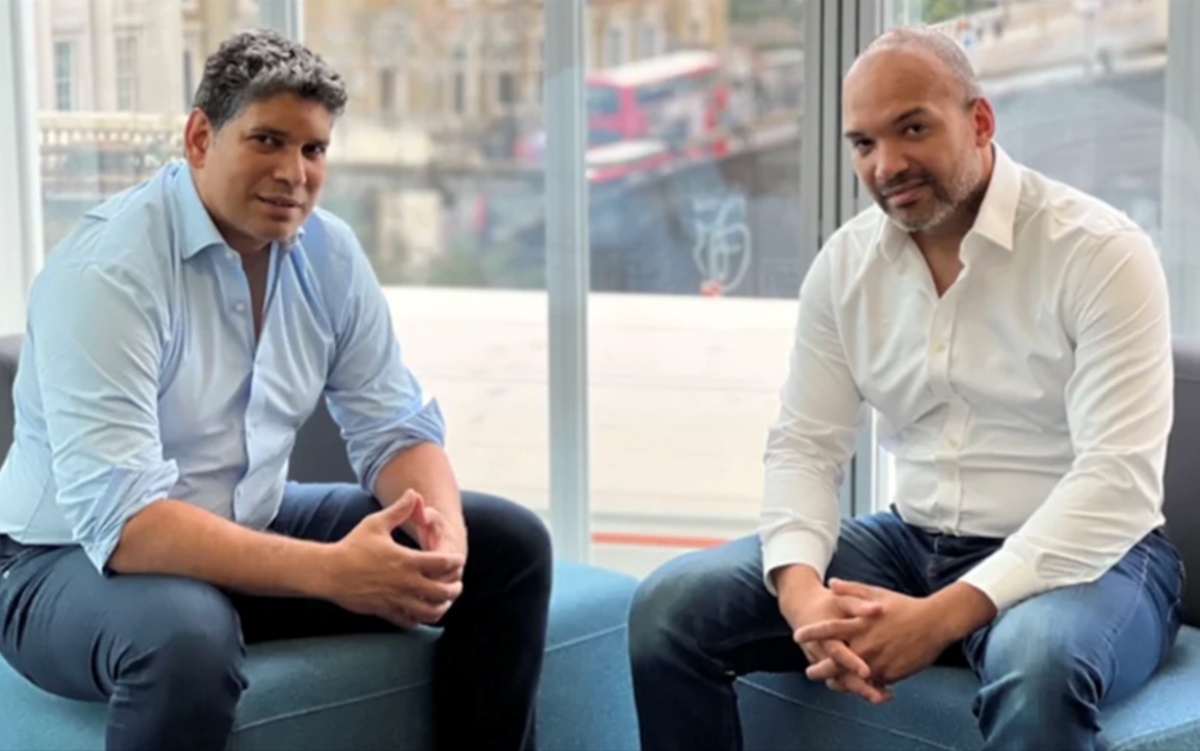
The FIRE Method - How to Retire Early
The so-called ‘FIRE’ method is aimed at those approaching retirement (and potentially even younger), while it’s focused on helping people to achieve financial freedom and stop working early.
‘FIRE’ can be broken down as ‘Financial Independence, Retire Early’, while it’s focused on multiple strategies that can help people to save money, build wealth and plan for premature retirement. But what steps are included in this method? Here’s a brief breakdown and the key things that you need to consider!
1. Plan for Your Retirement

Ultimately, the ‘FIRE’ method relies on planning, as you’ll need to identify a precise point in time at which you want to retire so that you can organise your finances and adjust your lifestyle accordingly. Most importantly, you’ll need to have a time horizon and schedule to work to, while creating a clear goal in terms of how young you’d ideally like to be when you finally stop or scale back your career. Planning also ensures that you have the requisite income to sustain your lifestyle in the meantime, otherwise you may fall short of achieving one or more objectives.
2. Save and Invest to Accumulate Wealth
Ultimately, you’ll need to accumulate wealth over time to boost your pension savings, building on any work or state pensions that are already in place.
In general terms, you’ll need to strategically invest your capital to create incremental and gradually increasing profits over time, while creating a diverse portfolio of interests that includes varied asset classes such as real estate, bonds, and stocks.
If you’re new to this concept, however, you might want to consult with investment management experts. This ensures that you make informed decisions and are able to successfully scale your wealth as you inch towards financial independence, which is crucial to the implementation of the FIRE method.
3. Cut Down Your Expenses (Where Possible)
If you’ve ever run a business, you’ll know that turnover isn’t the only thing that impacts profit.In fact, effective cost management can also boost your profitability, even in instances where sales remain flat or even decline at a slower rate. The same principle applies to your retirement, as wealth building and management must be combined with reduced expenses and potential lifestyle changes if you’re to retire particularly early.
Discipline is key here, as you’ll need to identify expenses that can be reduced without compromising too much on the quality of your life. Ideally, you’ll be able to reduce the cost of items such as grocery shopping or energy consumption, rather than isolated, big-ticket purchases like holidays or occasional nights out.
This approach also lends itself to more consistent savings, allowing you to see more tangible and sustainable results over an extended period of time.
Trending
-
1 Building a Strong Financial Foundation: Saving, Investing, and Retirement Planning
Daniel Hall -
2 Franchise Investment Pitfalls to Avoid: A Beginner's Checklist
Daniel Hall -
3 Why Selling to an iBuyer Could Be the Best Move for Your Home
Daniel Hall -
4 Financial Tips for Businesses: Reducing Expenses Without Sacrificing Quality
Daniel Hall -
5 9 Tips to Help You Secure a Graduate Job in Finance
Daniel Hall






Comments